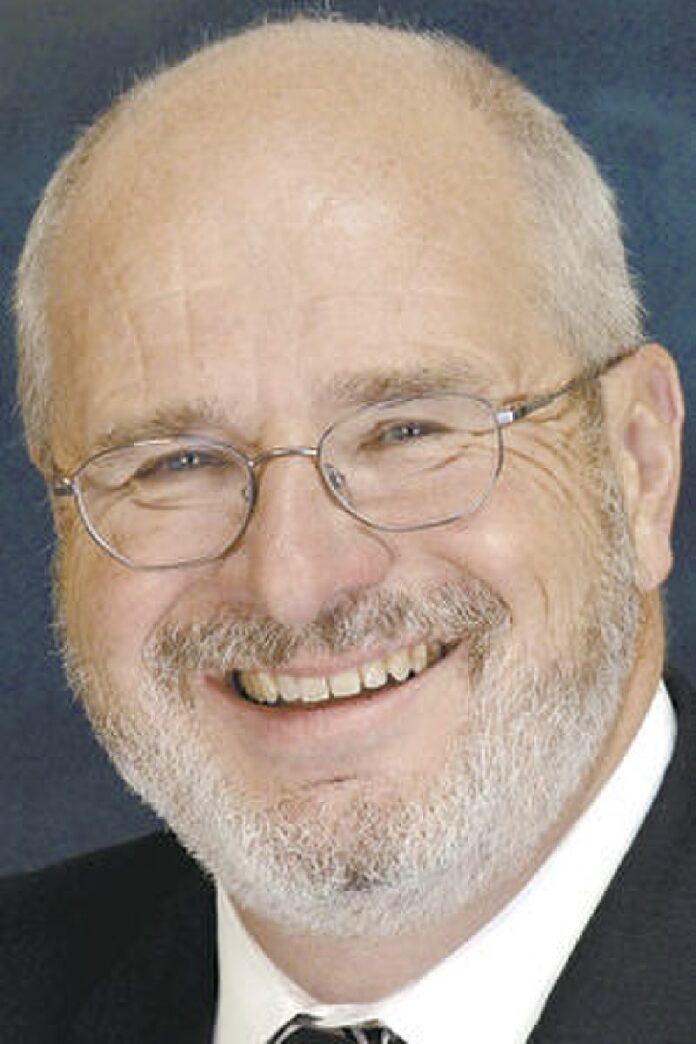By JOHN KRULL, guest columnist
INDIANAPOLIS — Another small newspaper went out of business the other day.
The Hendricks County Flyer covered Plainfield, Brownsburg and Avon and published twice per week. It has a place in my heart because one of my former students launched what became a distinguished career there.
The Flyer fell victim to the crushing forces squeezing the newspaper business these days. Advertising revenues have fallen to an alarming degree and much of the audience still subscribes to the fantasy that gathering and disseminating news and information should be cost-free.
The Flyer has plenty of company.
More than 20 percent of America’s newspapers have gone under in the past 15 years. Still more are likely to follow.
These closures have done more than damage an industry. They’ve wounded communities, even this country itself.
A recent study by researchers at the University of Notre Dame and the University of Chicago found that local government in communities in which newspapers either have disappeared or declined are far more likely to be corrupt or inefficient. Those communities run higher deficits and pay more to borrow money. Municipal government officials in those places also are paid much higher salaries.
That stands to reason.
It’s much easier to fleece the flock when there is no watchdog.
And no other news organization was as well positioned to play that watchdog role as a newspaper was.
But there are other costs to this steady crumbling of newspapers across the land. These costs are less obvious but may be more damaging.
Two political scientists, Jennifer Lawless of the University of Virginia and Danny Hayes of George Washington University, studied the linkage between the decline of newspapers and civic engagement. They traced the coverage of congressional races and then studied how much voters in those districts knew about the candidates and the issues.
What Lawless and Hayes discovered wasn’t a surprise.
They found that, as newspapers disappeared or struggled to provide coverage with diminished resources, people knew less about the candidates. Much less. They also often didn’t even have a rudimentary understanding of the issues involved.
But that wasn’t the most disturbing thing Lawless and Hayes uncovered.
It turns out that, the less informed voters are, the more strident they are. Because they get their information from partisan sources not interested in providing balance, those voters tend not to encounter any news or information that might make them reconsider their position — or realize that another point of view or interest might be valid, too.
The result has been that the American marketplace of ideas has become a demolition derby. The focus is no longer on creating public policy that provides the greatest good for the citizenry, but on the destruction of political opponents.
Don’t expect this trend to slow down any time soon.
“The prognosis is not good,” Lawless told me.
This battle is far from over.
Many newspapers are fighting hard to figure out new business models that will allow them to meet many of their traditional responsibilities in a more efficient and cost-effective fashion. Public broadcasting outlets across the nation have stepped up their commitments to news coverage. And other not-for-profit efforts such as Chalkbeat and, yes, TheStatehouseFile.com (of which I am the publisher) have attempted to fill at least part of the chasm created by the disintegration of the newspaper industry.
But, at this time, anyone who tells you she or he has found a solution to this huge problem is either a fool or a liar.
Newspapers still die on a regular basis and nothing fills the void they leave when they disappear.
As the newspapers die, Americans find it ever easier to snarl at each other.
That’s why, when we Americans see a Hendricks County Flyer close, we need to realize we’re not just saying goodbye to a newspaper.
We’re also saying goodbye to each other.
John Krull is director of Franklin College’s Pulliam School of Journalism and publisher of TheStatehouseFile.com, a news website powered by Franklin College journalism students. Send comments to [email protected].





